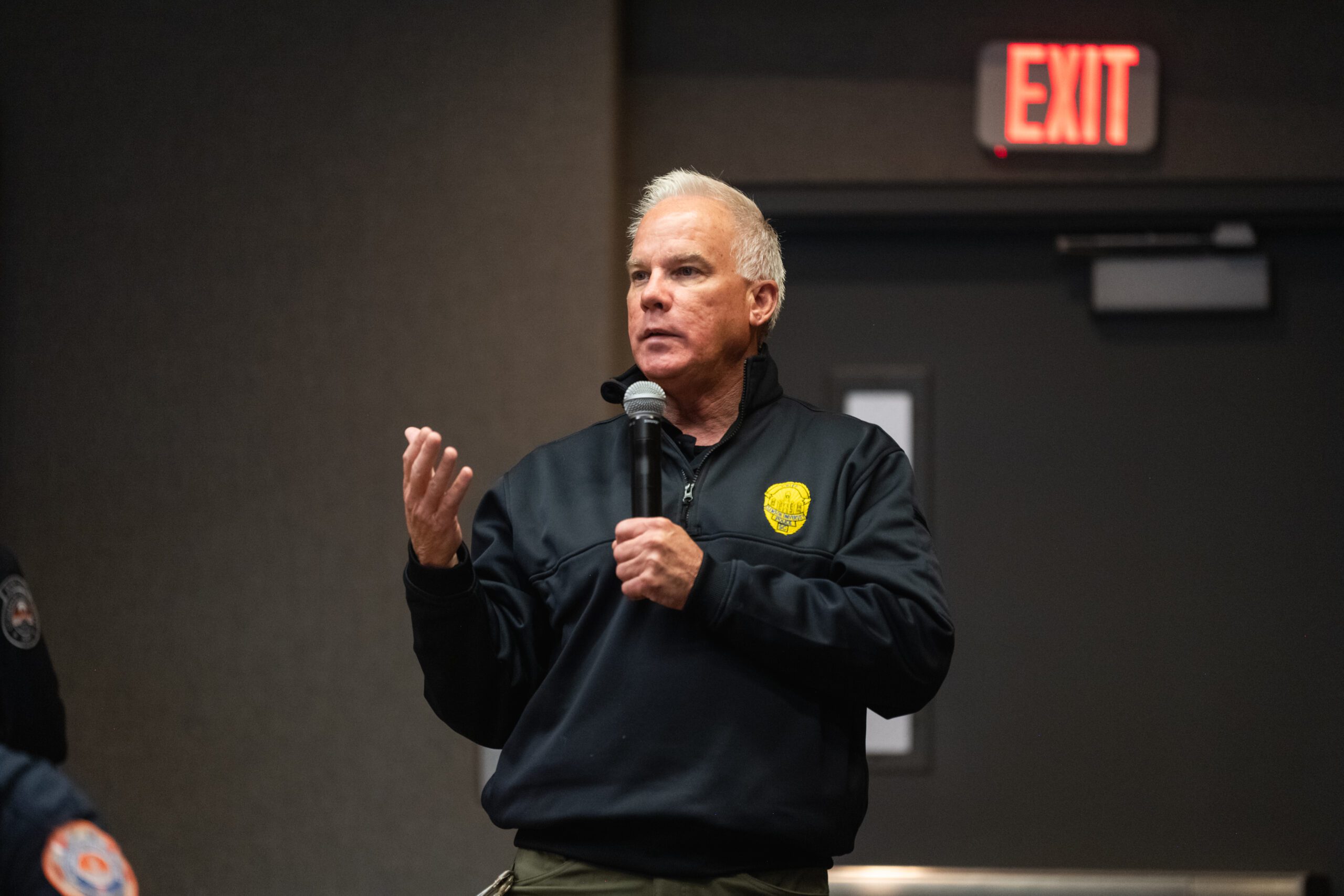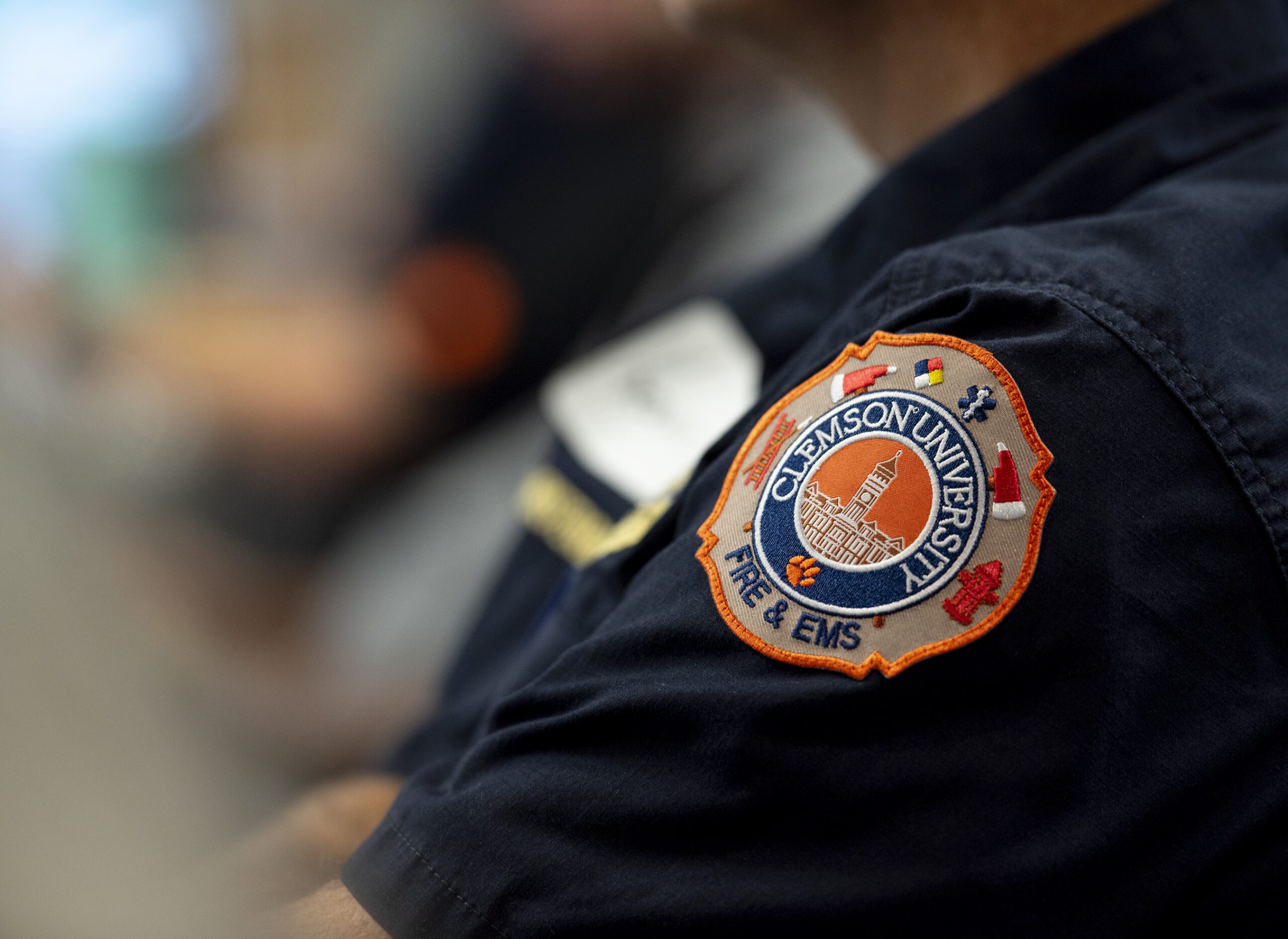The conclusion of Clemson’s annual Spring Game, which brings excitement and tens of thousands of Clemson fans to Death Valley, signals that the end of the semester is near. In the next few weeks, there will be many notable events across campus – awards ceremonies, graduation and a host of special events, including the return of concerts with the Clemson Music Festival.
As the semester ends, I would like to take a moment to highlight several initiatives that occurred across campus involving public safety partnerships to enhance the safety and well-being of students, staff, faculty and guests.
ONEBox Emergency Opioid Overdose Kits
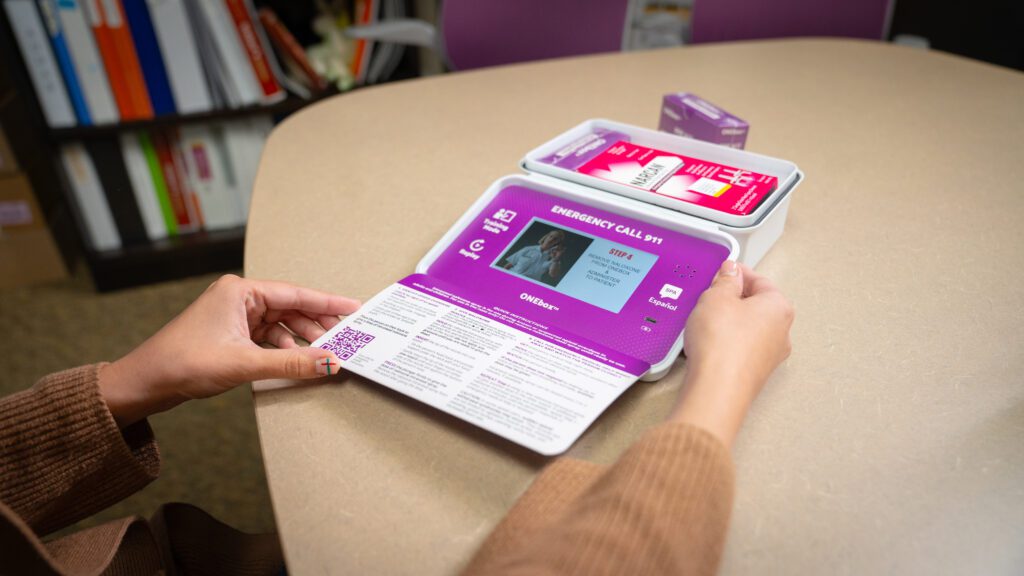
A key accomplishment for Clemson University Public Safety that directly impacts the safety of the entire Clemson population was the installation of ONEBox Emergency Opioid Overdose kits. As you are aware, overdose deaths are an epidemic across our country. The unintentional drug poisoning that are happening to young people with the presence of fentanyl in counterfeit prescription medication and illicit narcotics is impacting communities across America. While our focus is still on education and preventing tragedy by encouraging you not to use drugs that are not obtained from a doctor or pharmacy, we also know from stories around the country that drug poisoning can occur, and we want to provide campus with the tools to respond if it becomes necessary.
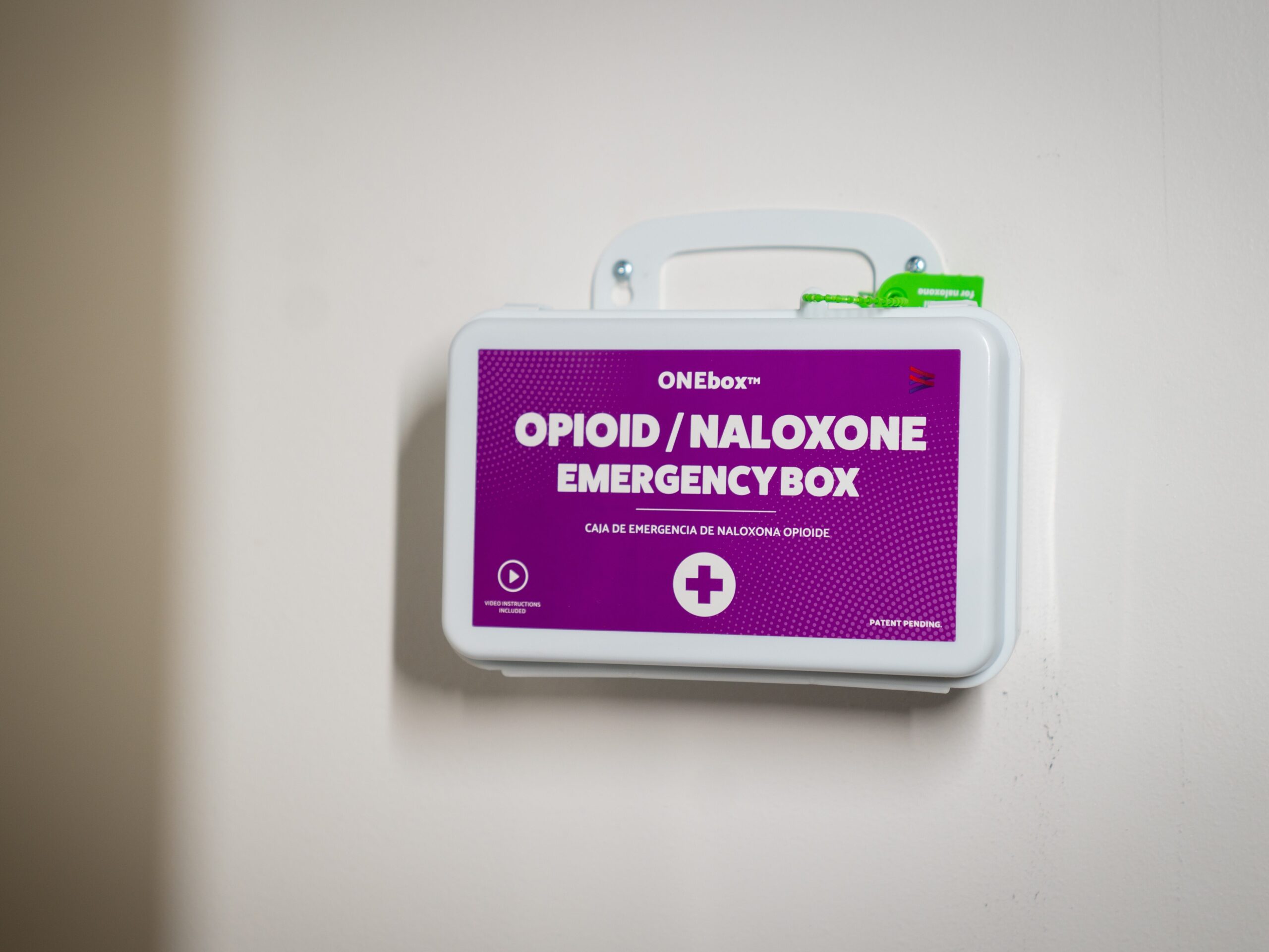
Our team, which included the Clemson University Police Department (CUPD), the Clemson University Fire & EMS Department (CUFD), Clemson University Emergency Management (CUEM), University Facilities, Healthy Campus, Redfern Health Center and Clemson Rural Health, along with student advocates, were able to gain the support of Clemson’s executive leadership to address this growing concern. Over the Christmas break, 22 ONEBox kits were installed across campus to provide lifesaving Narcan in the event a bystander had the opportunity to assist someone experiencing a drug poisoning or overdose. We have also worked directly with the state’s Department of Alcohol and Other Drug Abuse Services (DAODAS) to obtain funding to add kits and purchase additional dosages of Narcan for distribution to individuals directly through outreach from Healthy Campus and Rural Health for those who may have a friend or family member experiencing addiction.
Tigers Share because Tigers Care
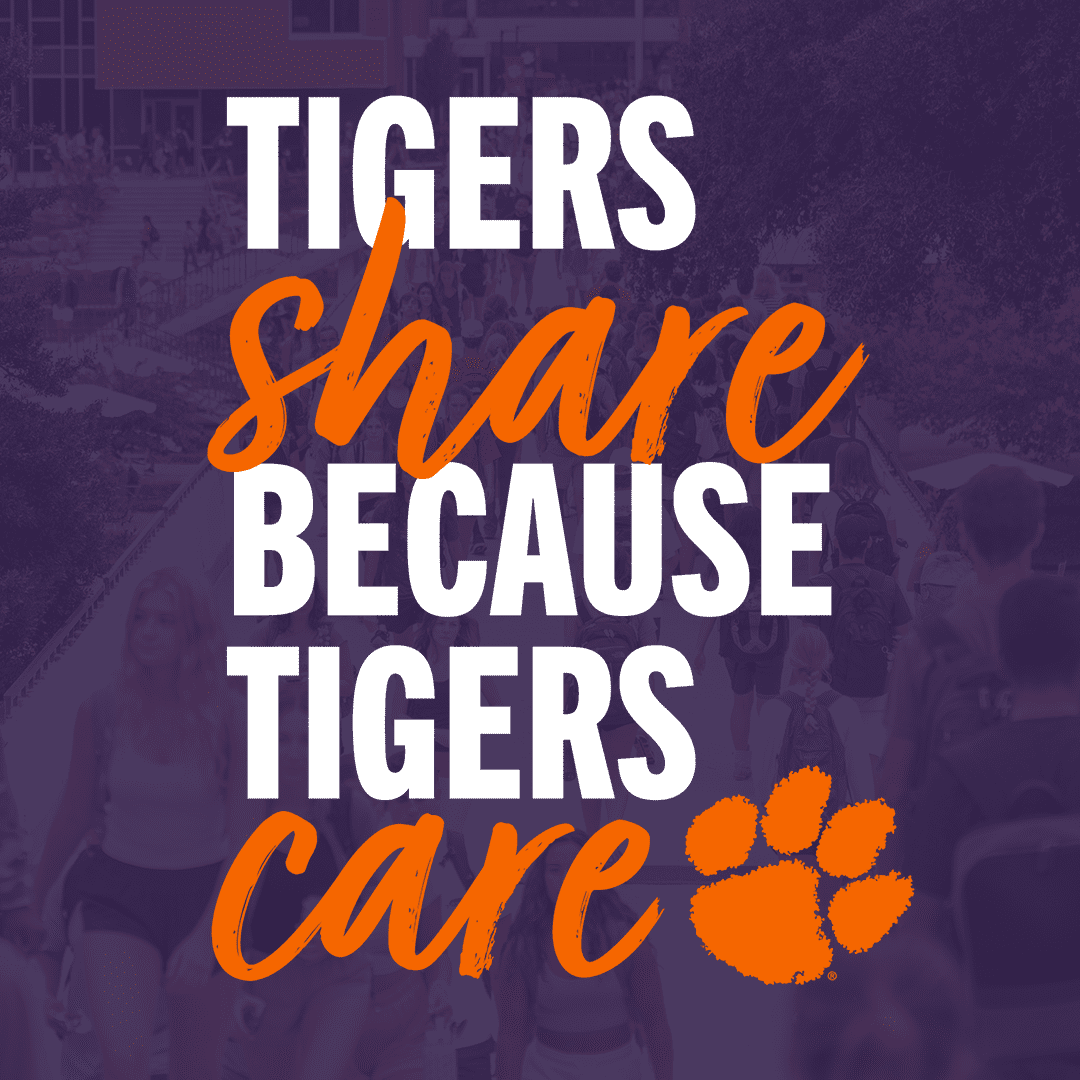
Public Safety also introduced our Tigers Share because Tigers Care campaign. This collaborative effort among many units across campus is focused on three major goals.
- We want to expand the understanding of the Jeanne Clery Act. The spirit of Clery about transparency and safety. It ensures campuses create awareness, knowledge and best practices to foster a culture of safety care.
- It is important to build ownership of this work within every organization. For some, Clery simply means supplying statistical information once a year to meet the requirement of the annual Security and Fire Report. Clery is intended to be action-driven and supported by all campus organizations. I like to think of it in terms of the ‘See something, say something’ campaign from the Department of Homeland Security with the added piece of ‘Do something.’ In addition, we need to analyze that information throughout the year and take action to address patterns or trends that are identified.
- This campaign is intended to reinforce the importance of bystander intervention. If you see a friend or peer who may need some help getting out of a bad situation before it turns tragic, we hope this campaign will give you the information, skills and support to be confident in your decision to act.
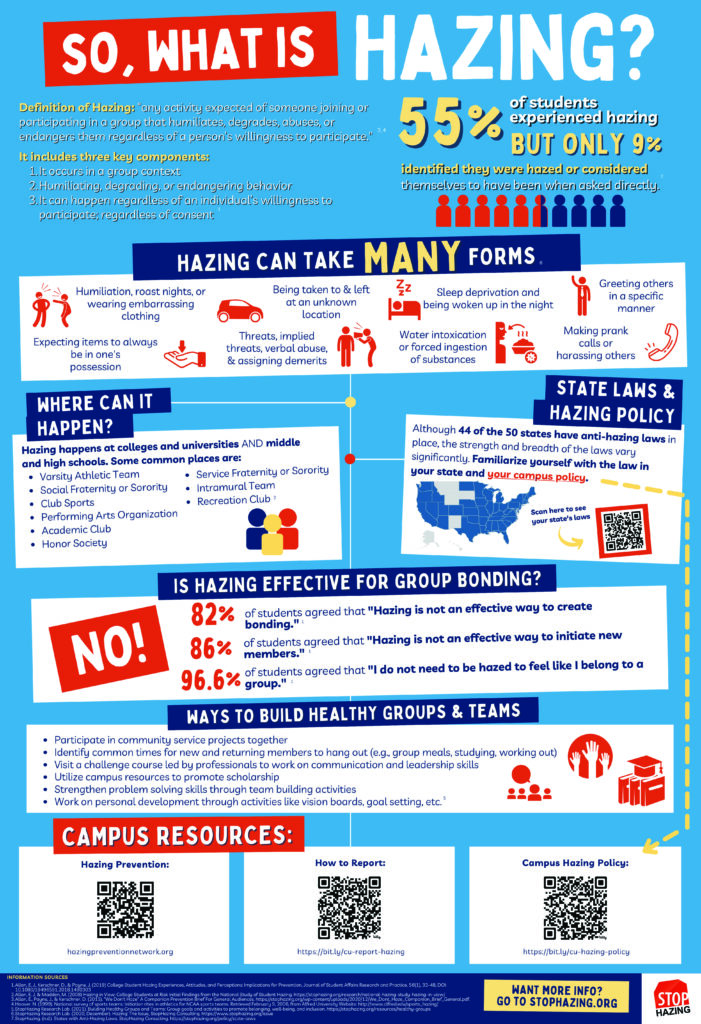
Anti-Hazing Campaign
With the continued assistance from the Tucker W. Hipps Memorial Foundation, we implemented an Anti-Hazing initiative. I hope you read my earlier article that addressed the dangers and consequences of engaging in hazing and the tragedies that have occurred because of this troublesome practice. Recently, we placed posters throughout campus in residential spaces, academic buildings and other areas where students gather to provide information relating to What is hazing, What are the signs and How to report it. Similar messages were also displayed on Clemson’s digital campus network during the month of February. We also conducted several outreach events educating student organizations about the University’s policy and the criminal implications of Hazing.
We believe in the importance of reminding our students and campus community about Anti-Hazing practices throughout the academic year contributing to an overall culture of awareness and prevention related to the harms and consequences of Hazing behaviors. I hope you will join us in the initiative and help stop hazing at Clemson.
Mental Health Co-Responder Team
Finally, we have been working hard to implement our mental health co-responder team. This team, which partners trained police officers with mental health clinicians, is a collaboration between CUPD, Counseling and Psychological Services (CAPS), the SC Department of Mental Health and Clemson researchers, with funding from the Department of Justice Bureau of Justice Assistance. This exciting initiative will allow us to have daily response capabilities to support those in mental or emotional crisis, provide immediate intervention strategies to de-escalate situations and divert those experiencing a mental health crisis away from the criminal justice system and to appropriate resources to address their needs. Our teams will begin training in May and fully deployed over the summer. The grant funding from BJA is also funding advanced training for CUPD officers in mental health response, which will also be offered to our regional partners.
While there are many other important efforts underway, I believe these four demonstrate Clemson’s commitment to addressing current and emerging issues that could impact our community. They highlight the power of collaboration and relationships. Each of these initiative present challenges to implementation. For any one department, the likelihood of success would be questionable. However, through collaboration and partnerships, we are able to achieve more than any one of us could alone. For me, that is what makes Clemson special. There is a genuine and authentic desire from so many people to provide a safe, secure and enjoyable environment where the Clemson Experience can grow and thrive.
I hope that you enjoy the rest of the semester and all the exciting activities to come. Just remember, safety and security is everyone’s responsibility – we need YOU as our partners!

